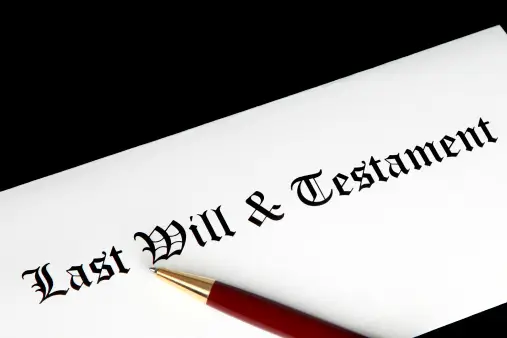Colored with scrolling
Try scrolling the rest of the page to see this option in action.
Try scrolling the rest of the page to see this option in action.

In Canada, a will is a legally binding document that outlines a person’s wishes regarding the distribution of their assets after their death. However, there are situations where beneficiaries or heirs may have valid reasons to challenge the validity or provisions of a will. Challenging a will can be a complex legal process, requiring the expertise of a lawyer for wills.
Challenging a will requires sufficient legal grounds. Some common grounds for contesting a will include:
Once you have decided to challenge a will in Canada, it is important to understand the process involved. The first step is to consult with a lawyer specializing in wills and estates who can assess the merits of your case. They will review the grounds for challenging the will and gather relevant evidence to support your claim. Your lawyer will then draft a formal legal document, such as a Notice of Objection or a Statement of Claim, which will be filed with the appropriate court. The executor of the will and other interested parties will be served with the legal documents, initiating the legal proceedings. From there, the process may involve negotiation, mediation, or, if necessary, litigation in court. It is essential to follow your lawyer’s guidance throughout the process and provide them with all the necessary information and documentation to strengthen your case. The duration and complexity of the process can vary depending on the specific circumstances of the case and the court’s schedule. Your lawyer will keep you informed about the progress of the case and work towards achieving the best possible outcome for you.
Challenging a will can be emotionally and financially draining. It’s worth considering alternative dispute resolution methods, such as mediation or negotiation, to reach a resolution outside of court. These approaches can help minimize conflict, reduce costs, and preserve relationships among family members.
A qualified mediator or a lawyer experienced in dispute resolution can facilitate productive discussions between the parties involved and assist in finding mutually agreeable solutions. This can be particularly beneficial when there are ongoing family relationships at stake or when the estate is relatively small.
Challenging a will in Canada requires careful consideration and legal guidance. Understanding the grounds for contesting a will, hiring a lawyer specializing in wills and estates, exploring alternative dispute resolution methods, and considering additional legal support are essential steps to take when faced with the need to challenge a will. By approaching the process with knowledge and professional assistance, beneficiaries and heirs can navigate this complex area of law and seek a fair resolution. Remember to act promptly, as there are time limitations involved in challenging a will, and consult with legal professionals to protect your rights and interests.
Back to blogs